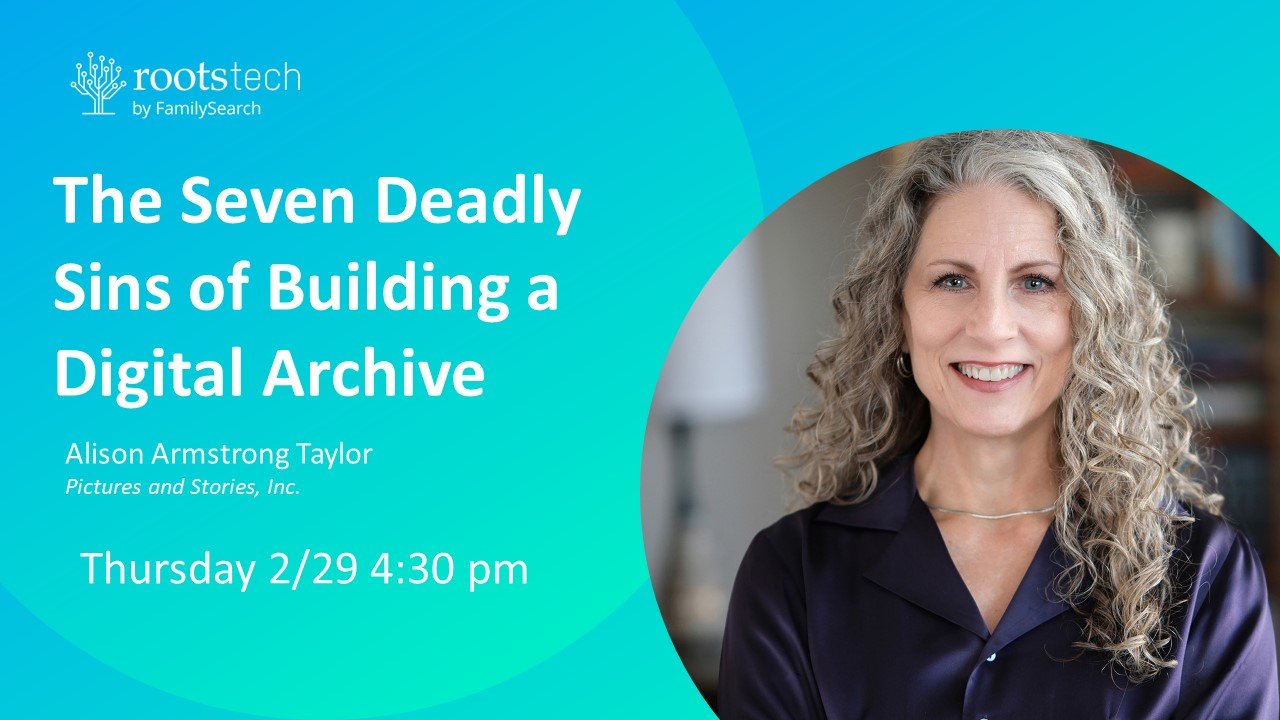After I spoke at the Salt Lake Rotary Club last week, author and educator Quinn McKay came up to me and said, “You have heard of Paul Revere and Abraham Lincoln, but what about Israel Bissell?” Upon seeing my puzzled look, he proceeded to enlighten me.
Paul Revere, an American patriot during the Revolutionary War, is remembered for his famous ride warning of a British attack on April 18, 1775. Upon learning the grim news, Revere crossed the Charles River from Boston, then rode approximately 11 miles from Charleston to Lexington. He added another 5 1/2 miles that night to his ride before being caught by a British patrol.
A few days prior to Paul Revere’s ride, patriot Israel Bissell carried a similar warning of a British attack. Bissell rode a punishing 345 miles from Watertown, Massachusetts to Philadelphia, a feat which could be considered a bit more remarkable than Revere’s.
Many Colonial men and women performed acts of courage and sacrifice during the Revolution. So why do we remember Paul Revere and not Israel Bissell?
Henry Wadsworth Longfellow, that’s why.
"Listen my children and you shall hear
Of the midnight ride of Paul Revere...”
Written forty years after Revere's death, The Midnight Ride of Paul Revere became a classic in American literature, thus ensuring Revere’s memory would endure forever in the history of the American Revolution. Israel's journey was also noted by historians, and he even had a poem written about him, but his contribution was overwhelmed by Longfellow's popularity. (And the fact that more words rhymed with "Revere" than "Bissell.")
***
Abraham Lincoln is now judged by most of us to be one of the greatest American presidents. But at the time of Lincoln’s death, his detractors might have destroyed Lincoln’s historical legacy forever had it not been for the efforts of two men, John Hay and John Nicolay. (For more, see this fascinating article in Smithsonian Magazine.)
Delivering the Congressional tribute in 1866 after Lincoln’s death, prominent statesman and historian George Bancroft was critical of Lincoln’s intellect and administrative abilities, questioning his fitness for high office. Josiah Holland, a pious editor of the Springfield Republican in Massachusetts, tried to reinvent Lincoln as a Bible-quoting evangelical who hated slavery and believed the end of the world was at hand.
James Grimes, U.S. Senator from Iowa, said Lincoln’s administration “has been a disgrace from the very beginning to everyone who had any thing to with bringing it to power.” Popular newspaper editor, Horace Greeley, portrayed Lincoln as a bungling leader who squandered multiple opportunities to end the war early, either on the battlefield or through negotiation. Those who knew Lincoln dismissed Greeley’s views, but Greeley sold books, so his opinions mattered.
Charles Sumner, a radical antislavery leader, fumed that the nation needed “a president with brains; one who can make a plan and carry it out.” Jeremiah Black, a prominent Democrat who had served in President Buchanan’s cabinet held Lincoln in low esteem. “He certainly does not compare well with the refined and highly cultivated gentlemen (15 past U.S. Presidents) who preceded him in the executive chair.” Black said that Lincoln “lacked that lofty scorn of fraud and knavery which is inseparable from true greatness.”
Charles Francis Adams (of the wealthy, aristocratic Massachusetts family whose son, Henry, had served in the Lincoln administration as minister to Great Britain) credited Seward as the glue that kept the government together in perilous times. Adams said, “I must affirm, without hesitation, that in the history of our government, down to this hour, no experiment so rash has ever been made as to elevating to the head of affairs a man with so little previous preparation for the task as Mr. Lincoln.”
William Herndon, Lincoln’s former law partner in Springfield, sought to capitalize on his relationship with Lincoln. Unable to complete a biography, he got sidetracked by stories he collected and delivered a series of lectures about Lincoln’s doomed courtship of Ann Rutledge. Herndon characterized Lincoln as a simple, rough-hewn relic of the frontier who overcame bastardy, poverty, and obscurity to become president.
Realizing that something needed to be done, the slain president’s two personal secretaries, John Hay and John Nicolay, battled mudslingers for a quarter-century to shape Lincoln’s image. No one outside the family knew Lincoln better, and together they crafted the ten-volume Abraham Lincoln: A History.
Without Nicolay and Hay’s efforts, Lincoln’s enduring legacy might have been quite different.
So what do Paul Revere, Israel Bissell and Abraham Lincoln have to do with our own life histories?
Without a written record, in two generations most of our own lives will be unceremoniously forgotten. Is there someone who will write your story or set the record straight, as Hay and Nicolay did for Lincoln? Will a famous poet write about your life? Perhaps, but it is most likely that we ourselves must take up the task if we wish to be remembered.
You may not be Paul Revere, or Abraham Lincoln. But, like Israel Bissell's, your life is worth remembering.



